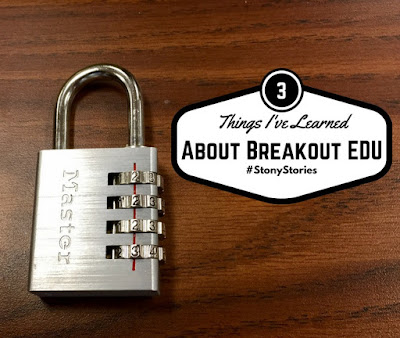I wonder how many school librarians are moving out of their comfort zones for students but aren't telling anyone about it. What might happen if these teacher librarians told their stories? I'll share three methods that could change everything if we adopt them.
1. Embrace and Practice the Future Ready Librarians Framework
I've written about this previously, and I still think the Future Ready Librarians Framework is a key component to librarians/ libraries staying relevant. (I'm also beginning to dig into the new AASL Standards- more on that later.) I love how the Future Ready Librarians Framework has personalized student learning at the center of the entire piece! Each wedge features many different components for the librarian to work toward, from "Designing Collaborative Spaces" to "Building Instructional Partnerships". The framework is a very high standard for all of us to work toward achieving. Consider using it, and sharing it with your stakeholders.
2. Take Photos and Share
When I started posting photos and video clips of library events and collaborative programming back in 2012-2013, everything changed. My local learning community began to view the library differently through Facebook; they began to view it as an extension of the classroom and more than just a storehouse of books. Our administrators saw value in the library in new ways, and they wanted to invest more in collaborative programming.
My wife started using Instagram during the 2016-2017 school year, and she has experienced similar results in her K-6 library program. Both of us have enjoyed connecting with other passionate teacher librarians and educators (both national and international) through social media networks over the past few years. These teacher librarians and educators have teamed up with us for collaborative programs and helped us improve our learning communities through connecting. Such photo sharing helps change the way stakeholders view the library and teacher librarian. It tells the story of the journey!
3. Start a Blog or a Video Blog (Vlog)
Administrators and parents can't always make it to library events. A blog or video blog can serve as a different way of sharing your library learning events. Don't feel that a blog post has to be lengthy; sometimes just writing a brief overview of an event or program with photos is more than enough for your audience. Check out Blogger, Wordpress, and Weebly for free blogging options.
A vlog might be for those of you that feel more comfortable creating videos rather than writing. Taking a moment to use a camera or phone to capture video for a few moments of a library event can be a great advertisement for your program. Also, a vlog might be a great way to share your reflections (or student/ teacher reflections) of library learning events. Remember to allow for student and teacher voice whenever possible. I have found this to be invaluable. When we share these voices, our library users realize that the program is about them, not us!
Final Thoughts
I hope these points have you thinking about finding innovative ways to share about your Future Ready Library antics. We all have the power to change perceptions of our school library profession. We all have unlimited potential to help change the education profession. Through such actions, we can help our students, teachers, and learning communities be Future Ready lifelong learners. The future is exciting! What stories will you tell?
Other Posts That Might Interest You:
Relationships and Reading
Our First Skype With a Scientist
My table of contents for the blog is here!
I have a monthly email newsletter for the subscribers of the Library Media Tech Talk blog. If you are interested in exclusive content not appearing on the blog, be sure to subscribe by submitting your email address! Subscribe here!




















